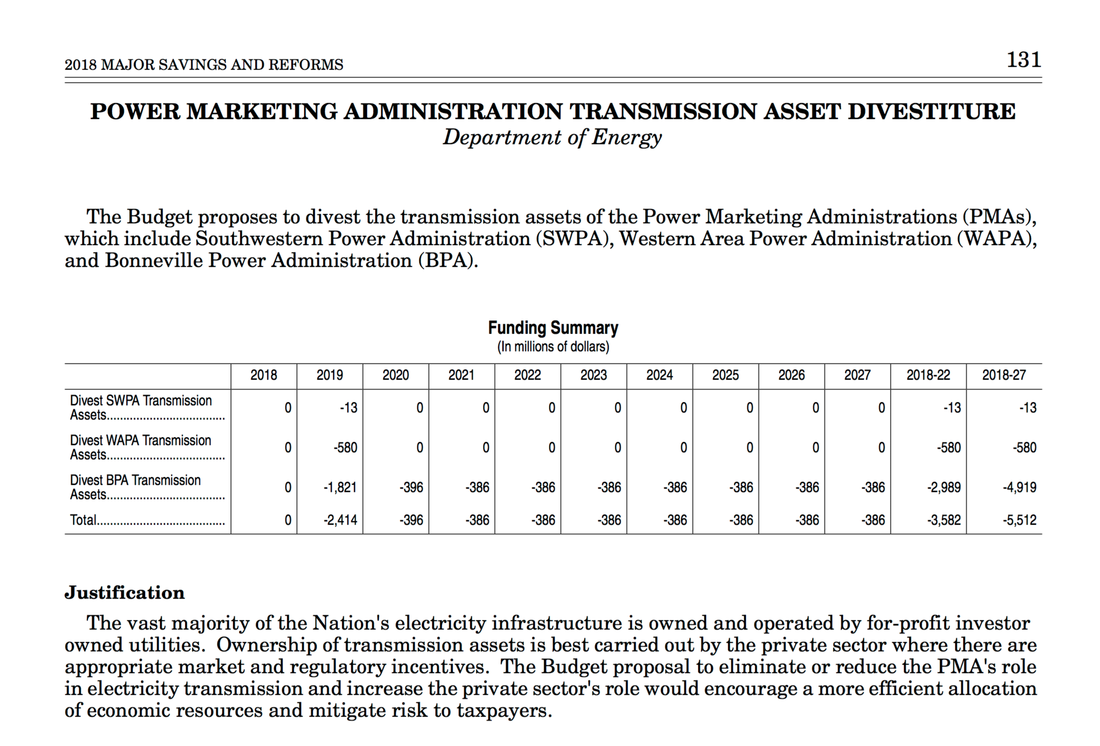The City of Columbia, Missouri, made a big announcement earlier this month that it has reached an agreement to purchase wind energy from Kansas, but that the agreement was contingent upon the Missouri Public Service Commission approving a new transmission line cutting clear across the state.
The Columbia City Council approved an agreement with Missouri Joint Municipal Electric Utility Commission to purchase wind energy from Kansas-based Iron Star Wind, LLC during its Monday meeting, but the means of receiving the energy — a transmission line that still needs to be constructed — needs the OK from the Public Service Commission.
The Grain Belt Express project is a 780-mile transmission line that will start in southwestern Kansas and cut through Missouri and Illinois, providing energy to those states and Indiana. The direct-current line will go to Hannibal, where a substation will convert the direct current to alternating current, the type of current used by Columbia’s electric system, said John Conway, chairman of the Water and Light board.
The City of Columbia supports the building of Grain Belt Express on rural properties outside of its own borders.
However, the City of Columbia has spent years opposing a new transmission line in its own city because, "the lines ran too close to homes and schools, and many feared adverse health effects from the electric lines overhead."
So, when a transmission project Columbia thinks it needs to fulfill its environmental goals is in someone else's backyard, it's okay to run it close to homes and schools, but don't try that in Columbia's own backyard. In Columbia, a transmission line is unacceptable. NIMBY = Not in my backyard. Don't build a transmission line in Columbia's backyard, build it in someone else's backyard.
Hypocrites.
If Columbians don't want a new transmission line in their backyard, neither does any other Missourian. You're really not that special, Columbia. I think I shall rename you NIMBY City.

 RSS Feed
RSS Feed